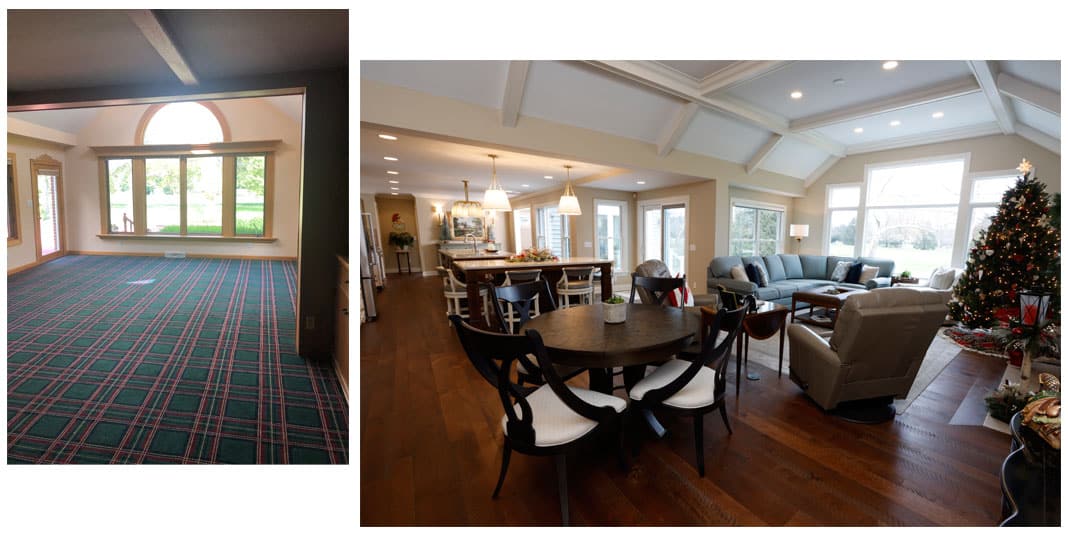While owning a home can be a wise investment, it can feel like a double-edged sword. On the one hand, a home provides stability and permanence. On the other hand, as our needs and wants change over time, our homes can’t always keep up. This can leave homeowners facing a difficult decision: remodel or move.
How do you know if you should remodel or move?
Deciding to sell your home can feel like letting go of a part of yourself, while sometimes remodeling can be disruptive or expensive. When deciding to remodel or sell, you must consider a wide variety of factors, such as personal lifestyle, financial implications and market trends.
This blog examines the benefits of remodeling and discusses other vital considerations to help you make the best decision for your unique home situation.
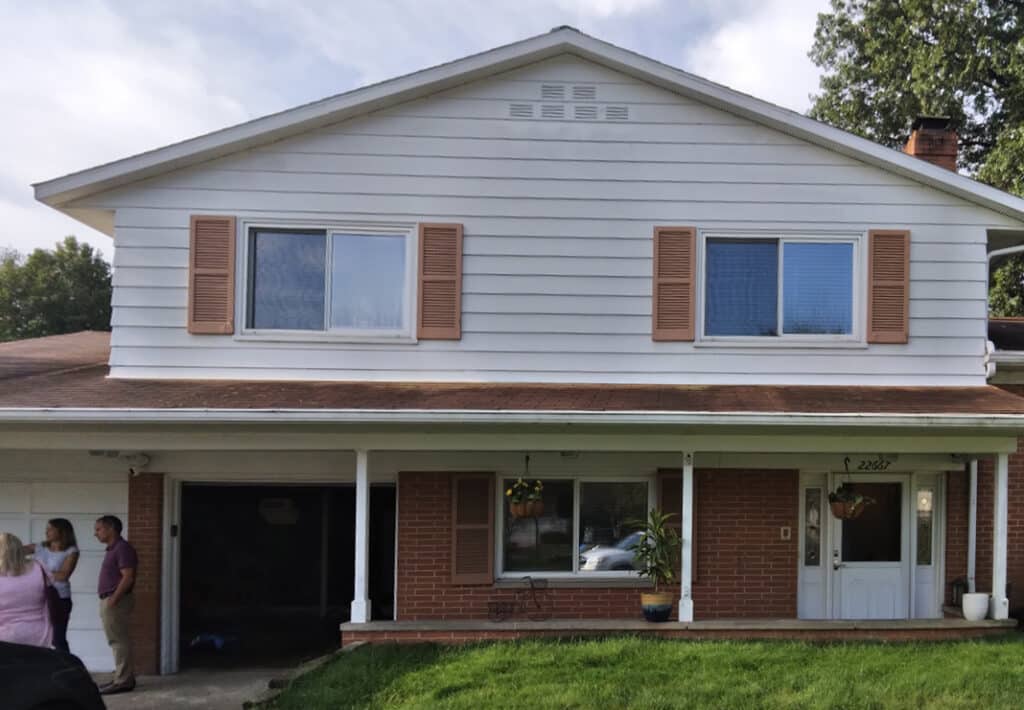
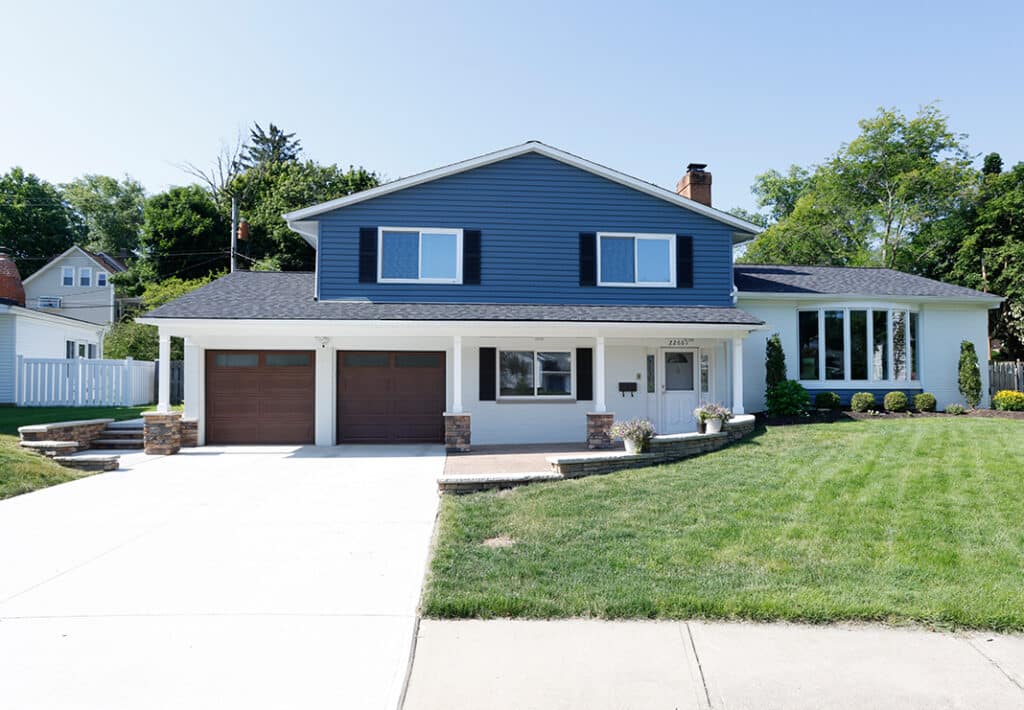
Understanding the Benefits of Remodeling
If you plan and execute well, making home remodeling improvements can increase the value of your home. Plus, remodeling can make your house feel like your home by creating a living space that is uniquely yours and suits your lifestyle. Here are the top benefits of remodeling your home:
Customization That Meets Your Needs
- Tailoring your home to fit your lifestyle and aesthetic preferences precisely. This could involve anything from choosing the right paint colors and flooring to installing built-in shelves and cabinetry. When making these decisions, consider how you use your space and what makes you feel comfortable and happy.
- Incorporating high-end amenities and features that may not be available in existing homes on the market. This is where you can get creative and think about what would make your dream home a reality. Some ideas include installing a home theater, a spa-like bathroom, or a gourmet kitchen.
- Enhancing functionality and flow to suit your family’s changing needs. As your family grows and changes, your home should be able to adapt to your needs. This could involve creating a home office, a playroom for the kids or a guest room for overnight visitors. You can also improve the flow of your home by knocking down walls to create open-concept spaces or adding built-in storage to reduce clutter.
Financial Advantages: Investing in Your Home
- Increase your home’s value with strategic updates. Strategic improvements can significantly increase your home’s value. When you remodel your kitchen or bathroom, you’re not just making your home more enjoyable—you’re making an investment that will pay off when you sell your home. According to Today’s Homeowner’s ROI of Your Home Remodel report, remodeling projects boost your return on investment (ROI) by 69% on average. (Note that these results vary based on the type of project, home location and total investment.)
- Compare the cost of remodeling vs. moving, including taxes, fees and real estate market fluctuations. In many cases, remodeling your existing home can be more cost-effective than moving to a new one. When you factor in the costs of selling your current home (including realtor commissions, closing costs and taxes), buying a new home (including down payment, closing costs and moving expenses) and potential renovations to make the new home meet your needs, a remodel can look quite appealing.
- Long-term investment in a familiar neighborhood vs. the uncertainties of a new area. There are many benefits to staying in a familiar neighborhood. You know the neighborhood layout, the schools, the traffic patterns and the amenities. You also have a network of friends and neighbors who can look out for you and your property.
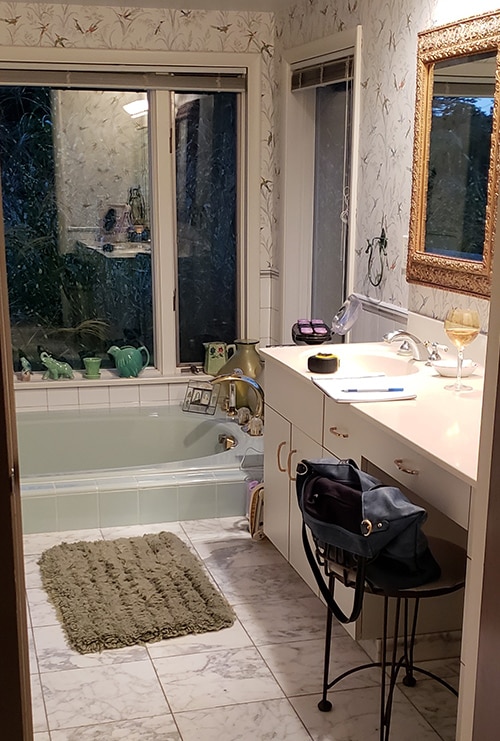
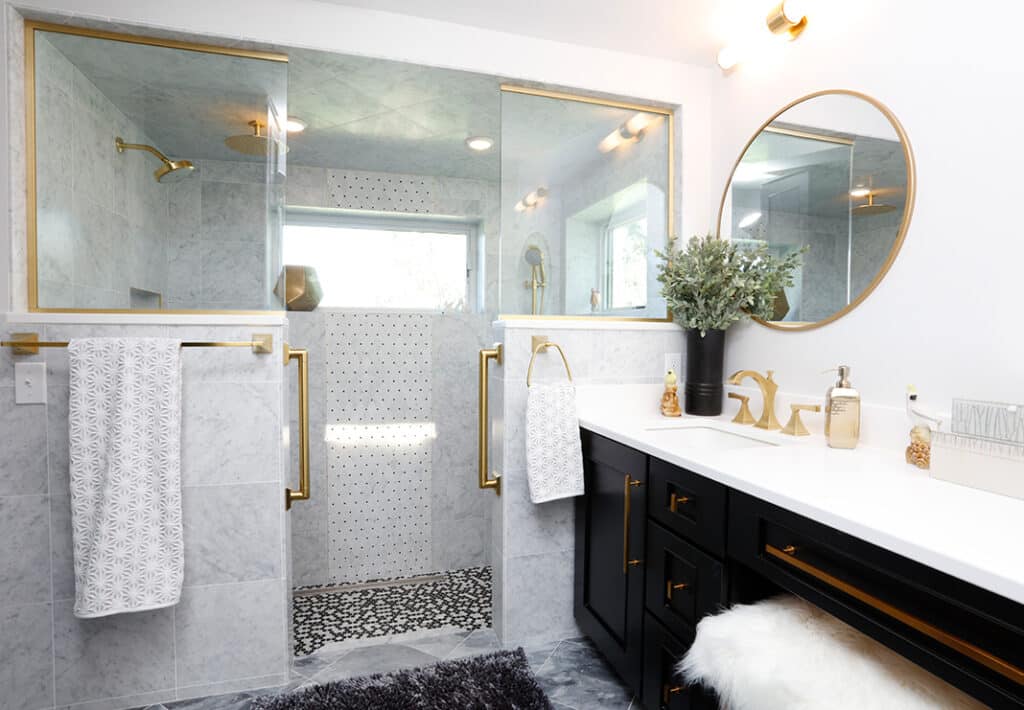
Emotional and Community Ties
- The value of staying in a beloved home or neighborhood. A home can provide comfort and security, especially if you have lived there for many years. You may have many happy memories associated with your home and feel a strong sense of attachment to it.
- Maintaining proximity to preferred schools, workplaces, services and social circles. This can be especially important for families with children already established in a particular school district. It can also benefit those with close relationships with friends and neighbors in the area. Plus, for adults who work outside the home, it’s wise to weigh the benefits of commute time and accessibility to public transportation based on the home’s location.
- Avoiding the stress and upheaval of moving. Moving can be a very stressful and disruptive experience. Staying in your home can help you avoid the hassle of packing, unpacking and finding a new place to live. It can also help you avoid the emotional upheaval of leaving a familiar place and community.
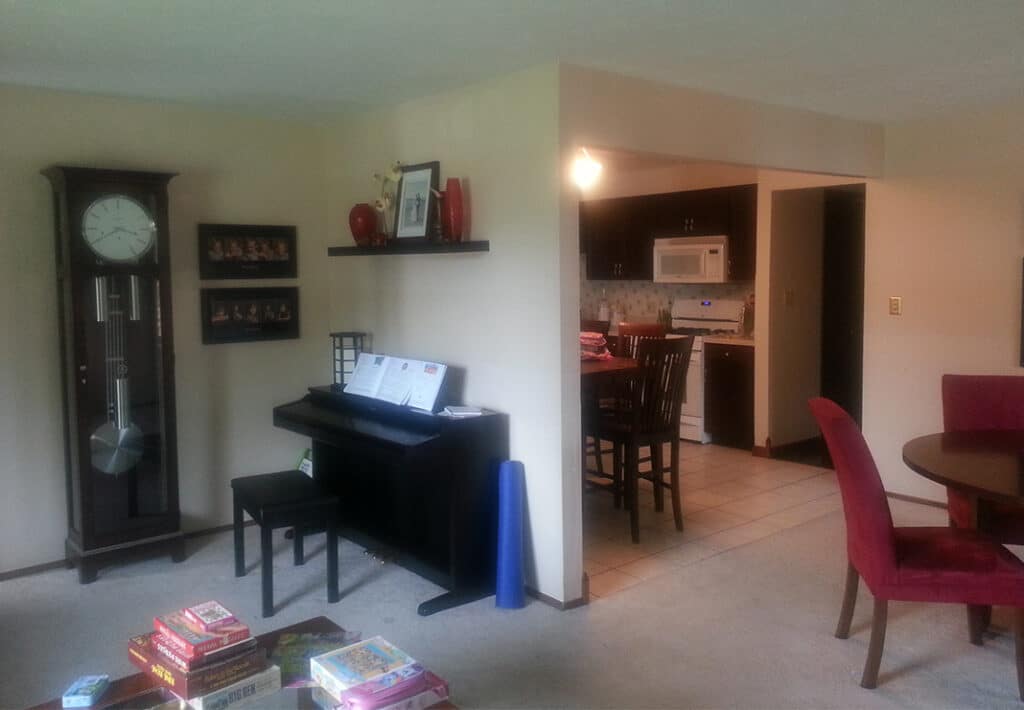
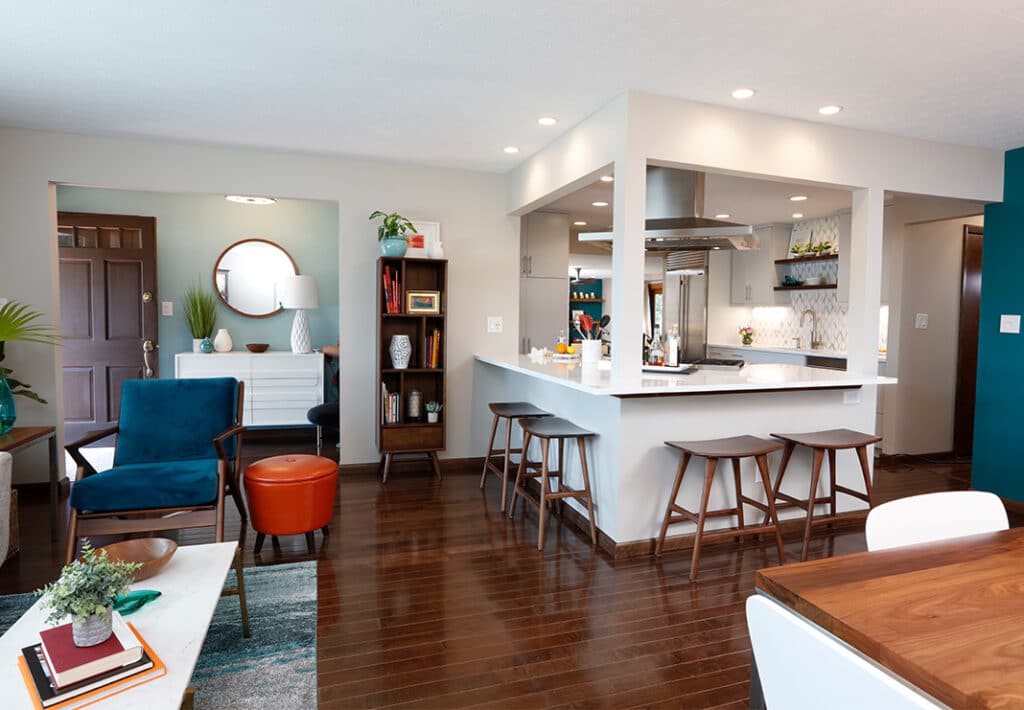
The Benefits of Moving
Moving to a new home instead of remodeling an existing one can help you get a fresh start in a new location and realize other quality-of-life benefits. This can be especially helpful if you’re looking for a new place to live or need to re-locate due to changes in your career or life.
Move vs. Remodel Decision Factors
Even if you choose to move, you may still need to invest in home repairs or remodeling before putting your home on the market to bring it up to par with other properties in your area. According to a National Association of Realtors (NAR) report, 84% of homeowners have a greater desire to be in their home after remodeling.
Additionally, with today’s competitive real estate market, it’s important to consider what you’ll spend on a new home with current mortgage rates.
Experian suggests following these six to help you arrive at the best answer for you and your family regarding whether to remodel your home or move:
- Evaluate what you want to change in your home.
- Research remodeling prices.
- Consider market conditions—what will a new home cost?
- Factor in your location.
- Think about the costs of selling.
- Weigh the inconveniences of both remodeling and preparing your home for the market.
The Final Decision: Making The Right Choice for Your Home
Ultimately, whether to move or remodel is a personal decision. There is no right or wrong answer, and your best choice will depend on your circumstances. Here are some of the critical factors to consider:
- Your needs and wants. What are your long-term goals? How will your needs change over time? Consider how well your current home meets your needs and how a remodel or move could address any shortcomings.
- Your budget. How much can you afford to spend on a remodel or a down payment on a new home? Remember to factor in the closing costs of selling your existing home and buying a new one.
- Your timeline. How quickly do you need to make a change? Depending on the scope, remodeling projects can take months to complete, while moving can happen much more quickly (unless you need to sell your existing home, which depends on your property and local market).
- Your emotional attachment to your home. How much do you love your current home and neighborhood? Are you willing to give that up for a new home in a new location?

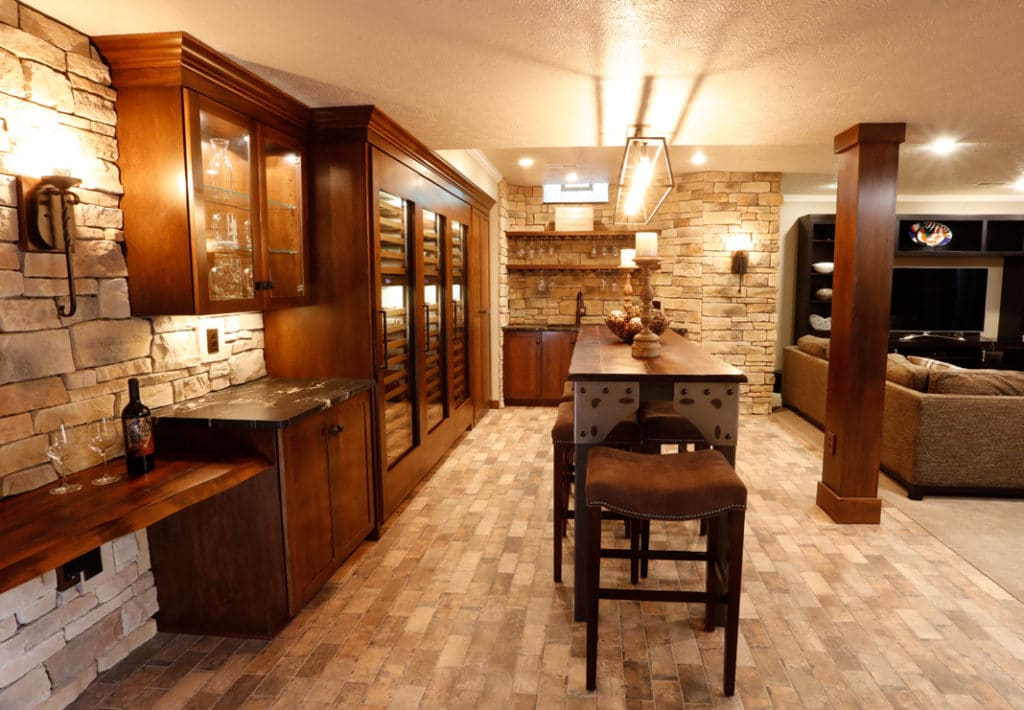
Getting Professional Help
No matter which decision you make, it can be helpful to consult with a professional. A real estate agent can help you determine your home’s value and advise you on the selling process. A reputable home remodeling contractor can help you create a plan for a remodel that meets your needs and budget.
You can make the best decision for your situation by carefully considering your options and seeking professional help.
Final thoughts about remodeling vs. moving
Ultimately, whether to move or remodel is a personal decision. There is no right or wrong answer, and your best choice will depend on your circumstances. By carefully considering all your options and getting professional help, you can make the best decision for your situation.
Dover’s remodeling services will be helpful to you regardless of your decision. Speak to our designers today about your current situation and get some inspiration and perspective about your remodeling options.
The best is yet to come,
Beth Orr
